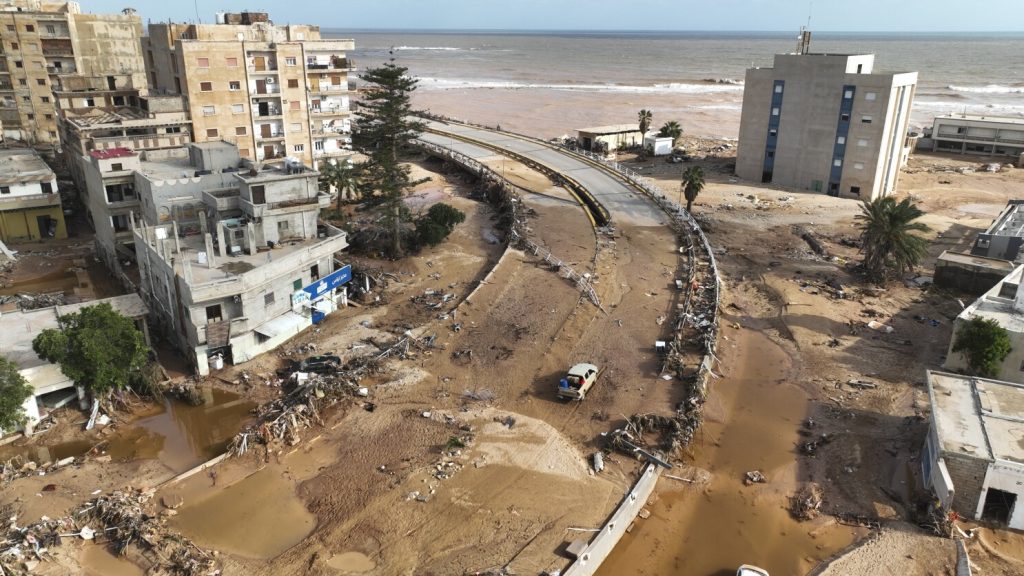A year after the forced disappearance of 19 men in Libya, their fate and whereabouts remain unknown, sparking serious concerns about ongoing human rights violations and impunity in the country. Families of the missing individuals, alongside human rights organisations, are urgently urging Libyan authorities to disclose the status of their loved ones, hold accountable those responsible, and take immediate action against enforced disappearances nationwide.
The men, reportedly abducted by armed groups, were taken from various locations, including Tripoli and Benghazi, during operations allegedly conducted by factions and militias aligned with the government. Families and witnesses assert that these disappearances were politically motivated, linked to ongoing clashes and power struggles among Libya’s armed groups and political factions. Despite repeated appeals to local authorities and international human rights organisations, no credible investigations have been initiated into these cases.
Human Rights Watch and Amnesty International have voiced concerns about the increasing number of enforced disappearances in Libya in recent years, especially following the resurgence of conflict in 2019. The UN Human Rights Council has condemned this practice as a violation of international law, urging Libya to fulfil its obligations under the International Convention for the Protection of All Persons from Enforced Disappearance.

Libya’s fragile political situation has allowed armed groups to operate with near-total impunity, often detaining individuals without charges and holding them in undisclosed locations, devoid of access to legal representation or communication with family. Families of the disappeared endure profound anguish, uncertain about the status of their loved ones.
The cases of these 19 men underscore a broader pattern of human rights abuses that have plagued Libya since the fall of Muammar Gaddafi in 2011. The nation has descended into chaos, with rival factions and militias competing for control, leaving civilians to suffer the consequences of ongoing violence and lawlessness.
Thus far, Libyan authorities have failed to take significant steps to address the issue, despite repeated calls for accountability and transparency. The absence of a unified national government and the ongoing power struggle between the Government of National Unity (GNU) in Tripoli and the eastern-based authorities further complicates the pursuit of justice for the disappeared and their families.
Advocates are calling on the international community, including the United Nations and the European Union, to exert pressure on Libyan authorities to adhere to international human rights standards, ensuring the release of unlawfully detained individuals and providing information about those who remain missing.


